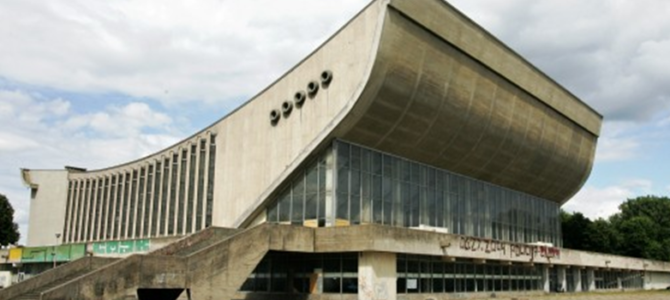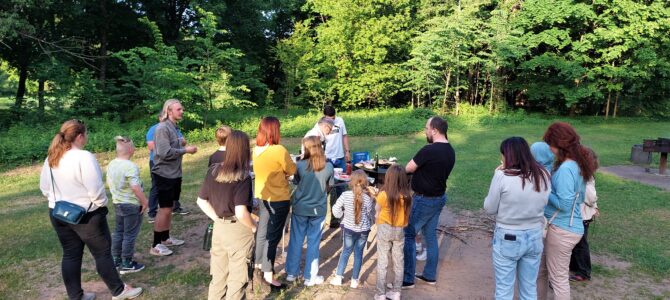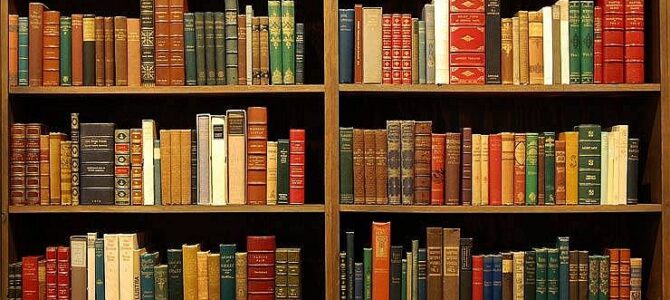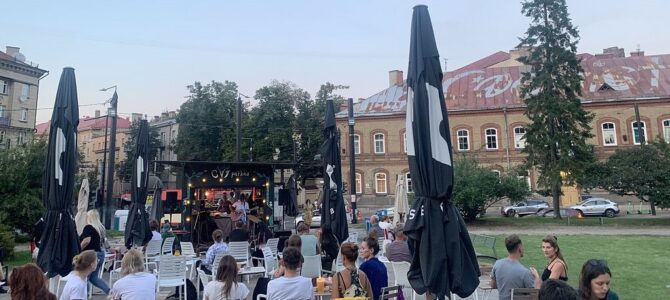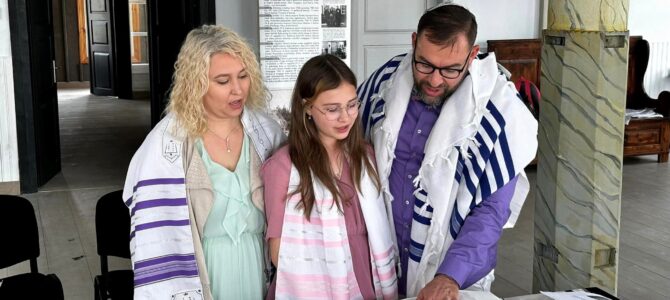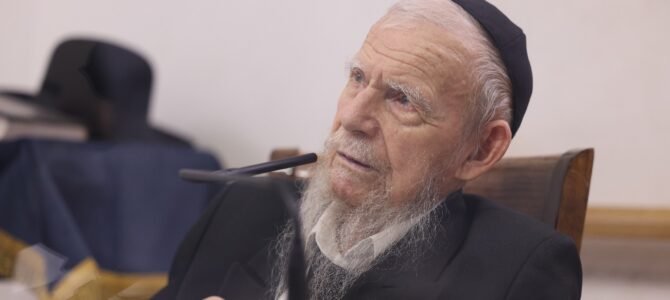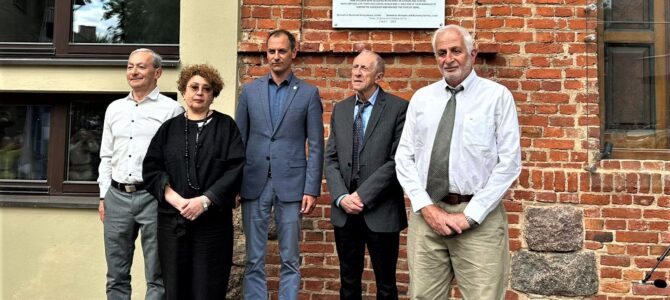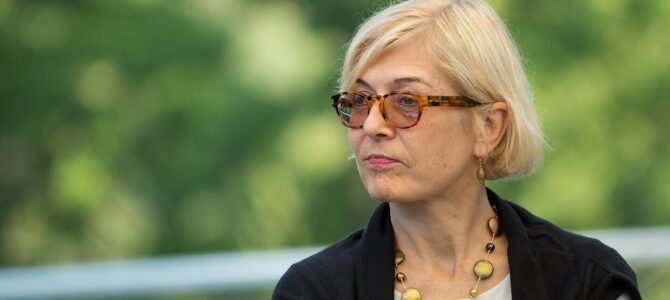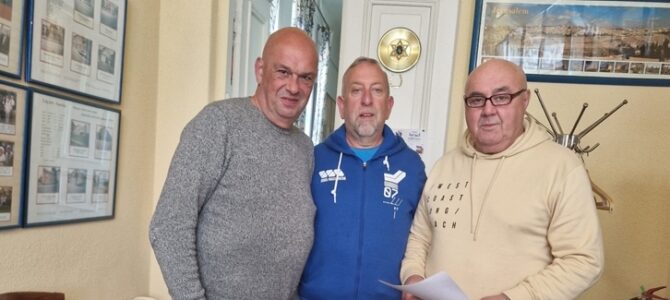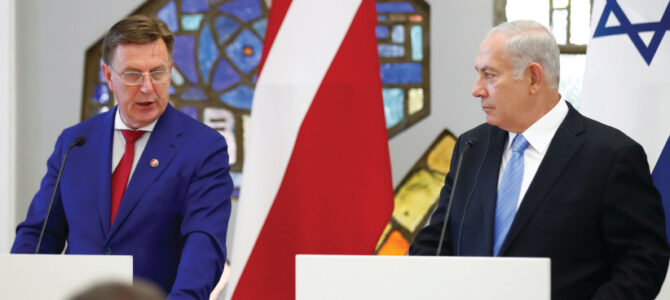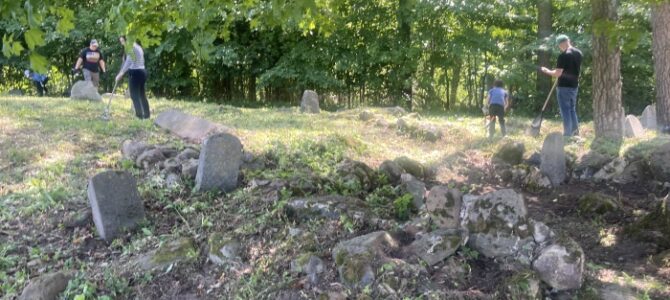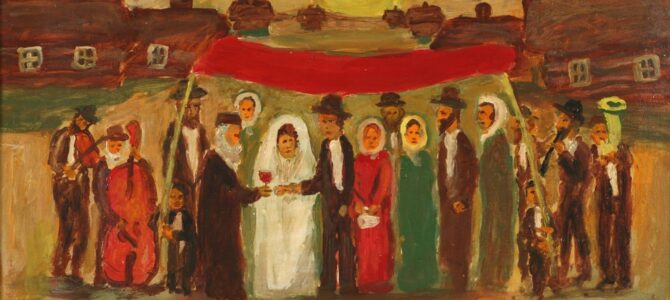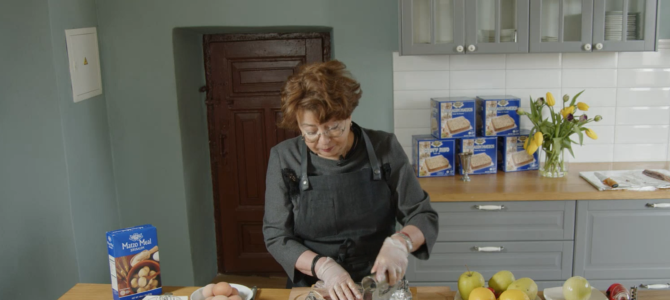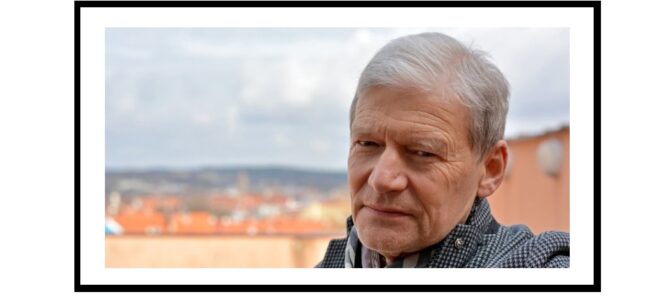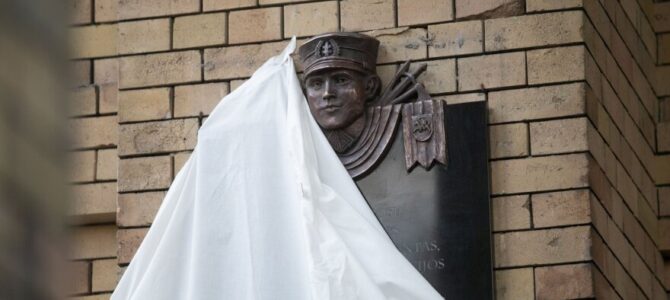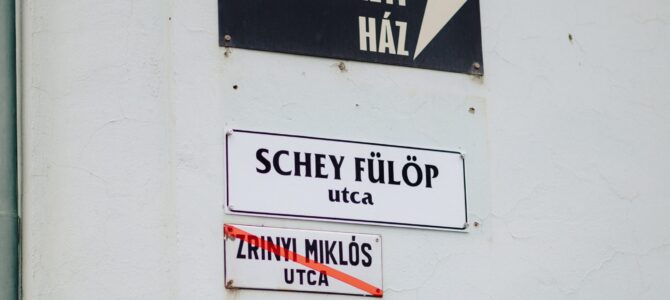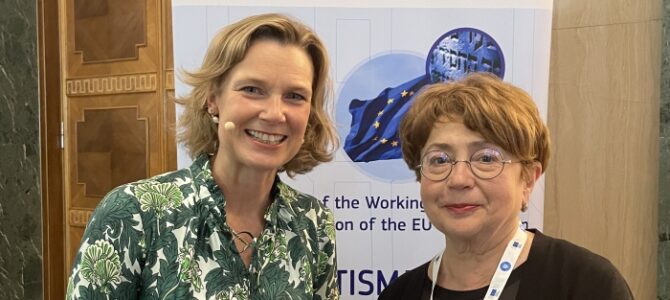by Canaan Lidor, Times of Israel, June 6, 2023
The decade-long controversy surrounding the Snipiškės (Shnipishok) Jewish cemetery in Lithuania’s capital appears to have reached a resolution: instead of building a convention center atop the burial ground, the Vilnius municipality will turn it into a monument for Lithuanian Jews.
The decision announced Thursday by Lithuanian National Art Museum director and former Lithuanian minister of culture Arūnas Gelūnas puts to rest concerns about disturbing the remains of Jews believed by some to be buried under a Soviet-era building authorities wanted to tear down and replace. The plan set off a highly publicized legal fight between some Jewish community members and authorities and Jewish groups.
“It’s a hugely welcome outcome to a dispute that has been going on for too many years,” Michael Mail, chief executive of the Foundation for Jewish Heritage non-profit working to preserve such sites in Europe and the Middle East, told Times of Israel Monday.


